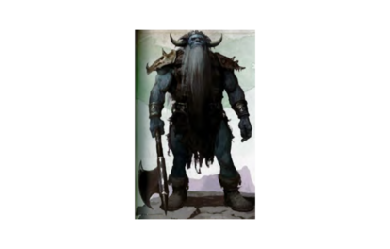
Principles of War
Principles of War
Napoleon, Genghis Khan, and the others had their dreams brought to an end when other more powerful armies rose up against them. Fighting was for a cause when both sides knew what they were fighting for; either defending their territory or with hopes of gaining the others’. The history of war has been based upon the greed of the aggressor and the unwillingness to give up what belongs to the defender. They all had their own uniforms and causes, so it was clear who and what they were fighting against.
Today, when the enemy lives among us, we don’t know who they are. Some of them look like us and some don’t. Some of the ones who don’t look like us are not the enemy, but some are. When we seek the enemy out, what should we do with them? If we imprison them, there are so many that we don’t have the facilities or resources to keep them. It is against our principles to put them to death. If we release them from prison, they will just keep on plotting to kill as many of us as possible. While in captivity, they meet others with the same interest, so together they can better devise ways to do so.
It is a scary situation. Unless we realize how brutal the enemy is, we will keep on forgiving them for what they do. If we were in captivity by them, would they treat us in a benevolent way like we do to them? All they have on their minds is murder. What we have on ours is forgiveness.
If we did convert over to Islam, would they accept us and leave us alone? I doubt it. They are so full of hatred, some of them probably don’t know what they are fighting for. They are just caught up in the frenzy of killing.
If Mohammed was alive to see what is going on today, he wouldn’t be too happy about that. The principles of war today can be thrown out the window when none of them are obeyed. Brutality is supposed to be stopped when the loser surrenders and a peace agreement is reached. Would it stop today?
















